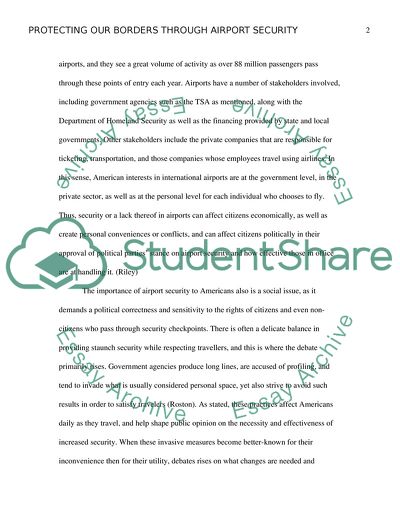Cite this document
(Infrastructure, Safety, And Border Control Term Paper - 1, n.d.)
Infrastructure, Safety, And Border Control Term Paper - 1. https://studentshare.org/politics/1751367-protecting-our-boaders
Infrastructure, Safety, And Border Control Term Paper - 1. https://studentshare.org/politics/1751367-protecting-our-boaders
(Infrastructure, Safety, And Border Control Term Paper - 1)
Infrastructure, Safety, And Border Control Term Paper - 1. https://studentshare.org/politics/1751367-protecting-our-boaders.
Infrastructure, Safety, And Border Control Term Paper - 1. https://studentshare.org/politics/1751367-protecting-our-boaders.
“Infrastructure, Safety, And Border Control Term Paper - 1”. https://studentshare.org/politics/1751367-protecting-our-boaders.


